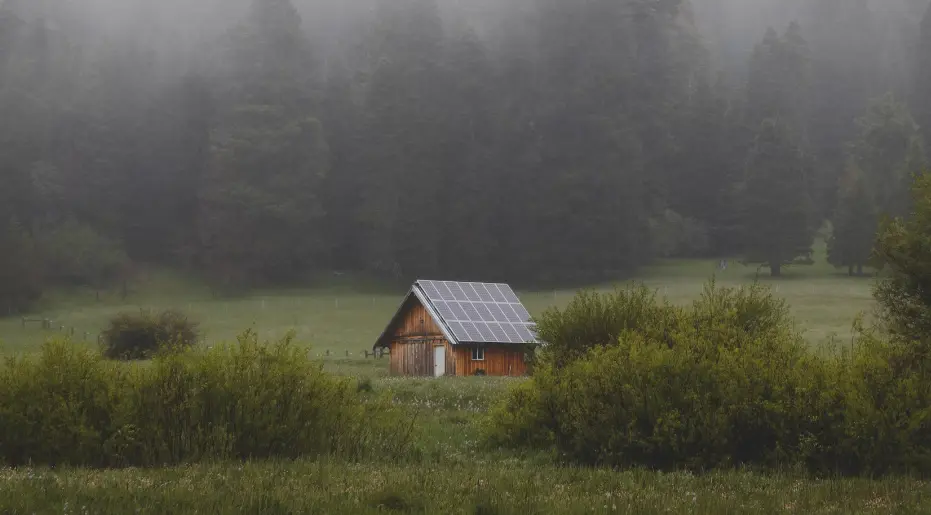
In an era where sustainability and self-sufficiency are becoming increasingly important, the concept of living “off the grid” has gained significant traction. At the heart of this movement lies the off the grid generator, a pivotal piece of technology that enables individuals and communities to produce their own power independently from the traditional utility grid. This article delves into the various types of off the grid generators, their benefits, and considerations for those looking to embrace this lifestyle.
Types of Off the Grid Generators
Off the grid generators come in various forms, each leveraging different energy sources to produce electricity. Here are some of the most common types:
- Solar Generators: These generators utilize solar panels to capture energy from the sun, converting it into electricity. Solar generators are highly popular due to their renewable nature and low environmental impact. They are ideal for sunny regions and can be paired with battery storage systems to provide power during nighttime or cloudy days.

- Wind Generators: Wind turbines harness the kinetic energy of wind to generate electricity. Suitable for areas with consistent wind patterns, wind generators can be a reliable source of power. They can also be combined with solar generators to create a hybrid system that maximizes energy production.
- Hydro Generators: These generators use the flow of water to produce electricity, making them ideal for properties with access to a flowing water source such as a river or stream. Hydro generators can provide a constant and reliable energy supply, though their feasibility is highly dependent on location.
- Biomass Generators: Biomass generators convert organic materials like wood, agricultural residues, and other biological waste into electricity. This method of power generation can be sustainable if the biomass is sourced responsibly, but it requires a steady supply of raw materials.
- Diesel Generators: While not as environmentally friendly as renewable options, diesel generators are a reliable and well-established technology. They can serve as a backup power source for off the grid systems, ensuring a continuous supply of electricity during periods of low renewable energy production.
Benefits of Off the Grid Generators
- Energy Independence: One of the primary advantages of off the grid generators is the ability to produce your own electricity, freeing you from reliance on utility companies and vulnerable grid infrastructure. This independence can be particularly valuable in remote areas or regions prone to power outages.
- Environmental Impact: Many off the grid generators, especially those using renewable energy sources, have a significantly lower environmental footprint compared to traditional fossil fuel-based power generation. By reducing reliance on non-renewable resources, individuals can contribute to a more sustainable future.
- Cost Savings: While the initial investment in off the grid systems can be substantial, the long-term savings on utility bills can be considerable. Additionally, various incentives and tax credits are often available to offset the cost of renewable energy installations.
- Resilience and Reliability: Off the grid systems can provide a reliable source of power in areas where the grid infrastructure is weak or non-existent. They also offer resilience against natural disasters and other disruptions that can impact centralized power systems.
Considerations for Off the Grid Living
- Initial Investment: The upfront cost of purchasing and installing off the grid generators and associated equipment can be high. It’s essential to conduct a thorough cost-benefit analysis and explore potential financing options or incentives.
- Energy Storage: Effective energy storage solutions, such as batteries, are crucial for ensuring a consistent power supply, especially for solar and wind systems that are subject to variability. Investing in high-quality storage solutions can enhance the reliability of your off the grid system.
- Maintenance: Regular maintenance is necessary to keep off the grid generators functioning optimally. Understanding the maintenance requirements and ensuring access to necessary parts and expertise is vital for long-term success.
- Energy Management: Living off the grid requires careful management of energy consumption. Implementing energy-efficient practices and appliances can help maximize the efficiency of your power generation system.
Off the grid generators represent a powerful tool for those seeking energy independence, sustainability, and resilience. By leveraging renewable energy sources and innovative technologies, individuals and communities can reduce their environmental impact and gain greater control over their energy needs. As the world continues to prioritize sustainable living, off the grid generators will undoubtedly play a crucial role in shaping a more self-sufficient and eco-friendly future.




